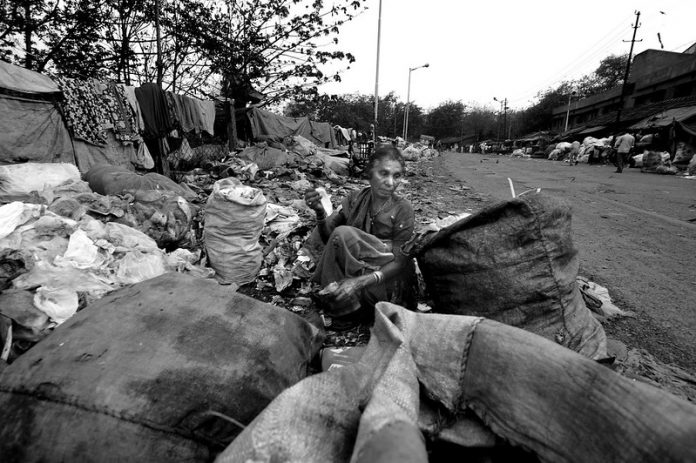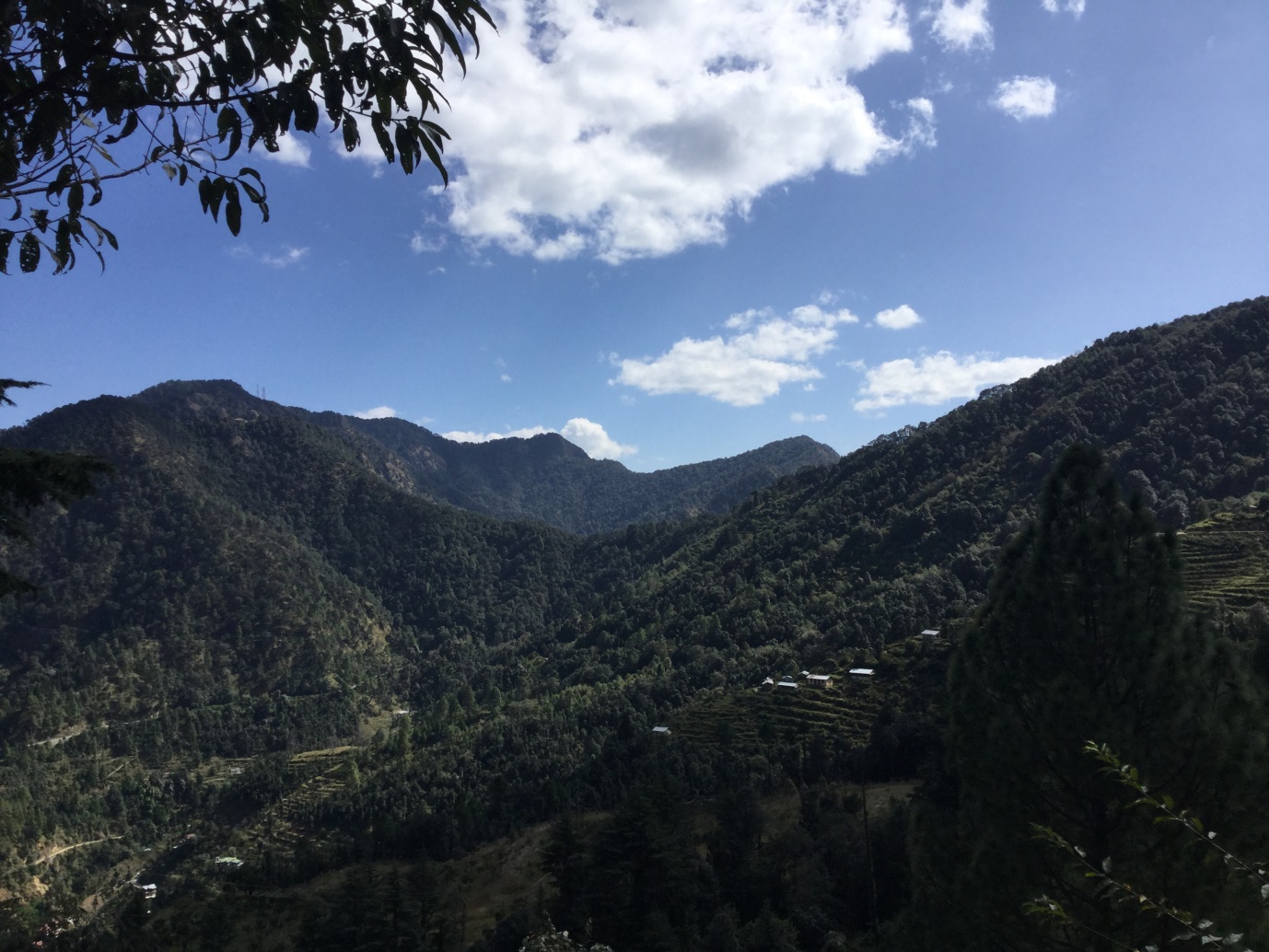Bihar’s capital Patna will soon get a plastic waste processing plant, according to the recommendations of the Fifteenth Finance Commission. Ahmedabad, Bengaluru and Varanasi are the other cities selected for the project where similar units would be established. These units would be designed and set up by Central Institute of Engineering and Technology (CIPET) while the construction cost will be incurred by the Patna Municipal Corporation (PMC). A five acre land at the landfill site in Ramachak Bairia village at the Patna-Gaya road will be designated to CIPET by the Patna Municipal Corporation (PMC).
Earlier this year, the government had accepted the recommendations of the commission which was constituted in November 2017. The recommendations are said to cover a period of five years from 2021-22 to 2025-26.
In January 2015, the Assessment and Quantification of Plastic Waste Generation report by the Central Pollution Control Board (CPCB) revealed that the total Municipal Solid Waste (MSW) generated in Patna city, was about 220 Metric Ton (MT) per day. The plastic waste was observed as 57.25 kilograms per metric ton (kg/MT). Out of this, the majority of plastics waste, 65.15 %, was found to be carry bags and packaging pouches made up of both High and Low Density Polyethylene (HDPE/LDPE). The CPCB study was conducted at Bairia in Patna.
Another annual report by CPCB on Plastic Waste Management for the year 2018-19, estimated that Bihar generated 68903.328 tons per annum (TPA) of plastic waste.
According to the annual CPCB report in 2016-17, municipal solid waste generation amounted to 119140.9 tons per day in India. In 2017-18, most of the states didn’t provide data to CPCB. While in 2018-19, the MSW increased to 152076.7 tons per day.

In a separate annual report, by the Ministry of Environment, Forests and Climate Change (MoEFCC), the estimated quantity of plastic waste generation in the country is approximately 33 lakh (3.3 million) tonnes per annum during 2018-19. MoEFCC’s report highlights that, “Plastic waste is mainly used for recycling. It is also used for co-processing in cement plants and road-making.” However, the report doesn’t mention the figure on what amount of plastic waste is recycled.
Waste management is one of the major tasks of the urban local bodies but multiple bureaucratic and technical challenges arise in its implementation. “The urban development departments have not set up adequate infrastructure for collection, source segregation and disposal system for plastic waste. Unregistered plastic manufacturing/recycling units continue to be operational and these units are running in non-conforming/residential areas,” mentions the report. It also highlights the poor implementation of the ban on plastic carry bags in states.
Is plastic recycling sustainable?
Different governments time and again have piloted plastic waste with chemical blend in construction of roads or pavements. However, there is a lack of research if alternating the plastic waste for construction is a sustainable way forward.
Re-PLAST, a Gurgaon based organisation claims to have recycled around thirty thousand tonnes of plastic waste in a few months of the pandemic. The organisation claims to be the first of its kind recycling unit in India. “The organization recycles single-use plastics, multi level plastics and low-value plastic for manufacturing paver blocks and interlocking tiles and other green building products for the betterment of society and nature,” says Rajeev Rana, founder of Re-PLAST. “The plastic pavement blocks are produced with a chemical blend using a blend of multiple materials. These pavement blocks having plastic in them can be widely used for outdoor constructions in the residential and commercial sectors. The produced material is unbreakable, durable and anti-static,” adds Rana.
The organisation’s idea of recycling plastic waste into construction materials has been lauded by Haryana Pollution Control Board (HPCB).

However, experts feel that only recycling is not going to solve the problem of plastic pollution and the companies need to be made accountable. “The current system of recycling is insufficient to tackle the plastic (waste) crisis not only in India but globally. About 90% of the plastic produced hasn’t been recycled in the last 70 years. The companies which produce a huge amount of plastic do not have a proper collection and effective recycling schemes to manage the plastic waste. To tackle this plastic (waste) crisis, everyone including the big corporations, authorities, and individuals needs to give priority to the reduction of plastic production and usages by implementing strict norms and behavioral changes,” says Avinash Chanchal, Environmentalist and Author of Singrauli Files.
“The big corporations, especially, which produce such a vast amount of plastic, need to reduce their use of plastic by phasing out single-use plastic. The companies need to invest in new delivery systems based on reuse with clear targets and to fix the accountability they need to put their plastic footprint on the public domain,” adds Chanchal.
Draft Plastic Rules, 2021
This year, on March 11, the Draft Plastic Waste Management (Amendment) Rules 2021, was announced by the environment ministry. The applicability of the new plastic rules would extend to brand owners, waste processors, and others. It also includes new definitions of plastic waste processing, non-woven plastic bag, thermoset plastic and thermoplastic. According to the draft rules, manufacturing, import, stocking, sale and use of single use plastic would be banned from January 2022. Presently, the draft is open for public suggestion for 60 days until May 11.
However, the first plastic-waste management law in India was passed in 1999. It intended to restrict the use of polythene bags (20 µm or less). The rules were amended in 2003 and mandated registration of plastic manufacturing units with state pollution control authorities. With the plastic waste crisis continuing, eventually Plastic Waste (Management and Handling Rules) 2011 was notified. It proposed a national ban on the use of plastic materials. But this too remained on paper. Plastic waste issue again popped up with the Swachh Bharat Abhiyaan. Environment ministry in 2016, announced the Plastic Waste Management rules, the intent was to make the “polluter pay” and “extend producer responsibility”. It also put forward a phase out plan for multi-layered plastics used in packaging.
In a legal case of plastic waste management, of Central Pollution Control Board Vs State of Andaman & Nicobar & Others, where CPCB submitted to National Green Tribunal in July 2019, said, “States are not furnishing information and not taking steps to take preventive and regulatory measures envisaged under the PWM Rules. Though ban was imposed on the use of plastic carry bags etc. in many States, the same was not enforced. Burning of plastic waste was continuing, apart from littering of plastic waste on railway tracks, bus stations, etc.” It further noted that 18 states and union territories have imposed complete and 5 states have imposed partial ban on plastic carry bags.
What’s the way forward?
Plastic pollution is a collective responsibility of brand owners, recyclers, regulatory authorities and individuals, emphasise experts and studies on plastic waste management. The initiatives too need to come from the manufacturers to the consumers. The manufacturer needs to reduce and phase out the production single-use plastic and provide alternatives to packaging. Coordination among the authorities should push for better implementation. And, the consumers, must ensure that all plastic waste leaving homes is segregated and is not contaminated with food waste.
“Undoubtedly we operate in a broken system and urgent action against this monstrous plastic problem is the need of the hour. So far the bans on plastic bags have failed. Individual efforts to reduce plastic footprint are crucial but parallelly important is to convince manufacturers to stop producing straws, bags, bottles etc. Market at the moment seems to have failed to provide alternatives to put a stop to single use plastics,” said Vivek Srivastava, environmentalist and a plastic waste clean up drive enthusiast.
Rohin Kumar Independent Journalist who finds solace in travelling and storytelling.
This article was originally published in The Mongabay.













